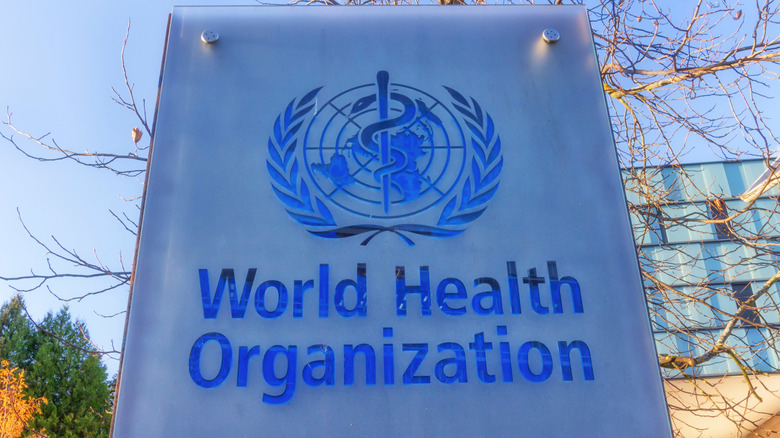The WHO Says Food Marketing Is Hurting Children. Here's Why
In a recent policy brief, the World Health Organization (WHO) has provided guidelines for food marketed to children. According to WHO's report, the encouragement of healthy food behaviors is being undercut by advertising campaigns. 2020 data released by WHO, UNICEF, and World Bank reported that nearly 40 million children under five were estimated to be overweight. And it's not the first time this issue has been brought to global attention. As the WHO brief notes, "The need to protect children from the harmful impact of food marketing and to enable children to develop healthy food values and preferences has long been recognized."
Guidelines were presented to the World Health Assembly in 2010 calling for action to reduce unhealthy foods marketing. In 2018, food marketing to children was labeled a public health issue in the Child Rights-Based Approach to Food Marketing: A Guide for Policy Makers and children were identified as influencers of three distinct markets: as consumers themselves, as instigators of parents' buying behaviors (if you've seen a wailing kid having a meltdown at the supermarket, you know), and the habits they continue as they age. WHO is urging governments to take action.
A global effort
From packaging to digital advertisements, WHO encourages governments to help reduce the power of unhealthy food marketing. Parents sometimes have a difficult enough time feeding children healthy foods without the noise of marketing campaigns.
Research continually documents the negative impact food marketing has on children (per American Journal of Clinical Nutrition). In response, WHO has advised governments to limit tactics that might influence children through policy implementation. "Evidence is unequivocal that food marketing to which children are exposed alters their food preferences, choice, purchases, and intake," WHO asserts in the brief.
Yet according to the 2016-2017 Global nutrition policy review, countries have struggled to finalize and enforce a comprehensive policy. WHO's published report recognizes that only 60 countries have adopted policies, with guidelines ranging in definition and stipulation. As observed by researchers in Chile, some policy is straightforward –- think product labels and in-school restrictions -– but limitations on food and drink advertising can stir up debates around rights and trade barriers.
Canada has faced similar hurdles, as observed in a 2017 consultation report; while definitions of healthy and unhealthy foods are largely accepted, some agencies call for exemptions, citing sport and school sponsorship as examples. WHO will keep watch as countries look for ways to protect the health of their children.

